Al-Arabia – Between 2010 and 2013, businessman Babak Zanjani carried out one of the biggest money laundering operations in Iran’s history to help the Iranian government bypass US oil sanctions. Al Arabiya English recently revealed how Rostam Ghasemi, one of Iran’s top generals and its former oil minister, acted as Zanjani’s sponsor.
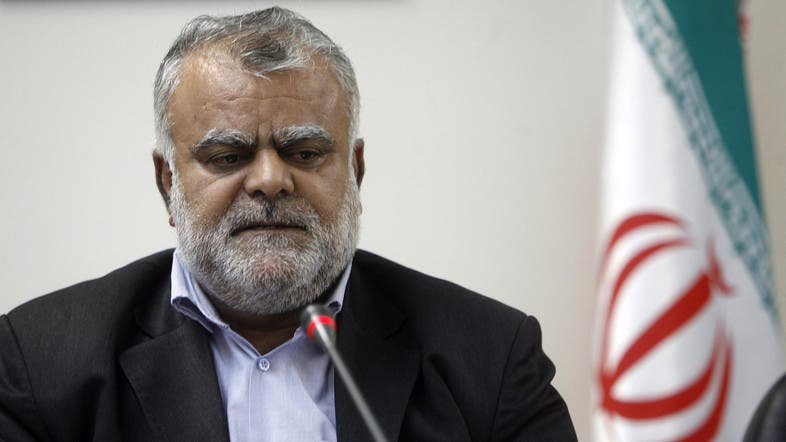
Little is publicly known about the full extent of Rostam Ghasemi’s crimes throughout his career. (File photo: AFP)
Ghasemi and his collaborators have sought out other businessmen in the region to carry out the tasks once allocated to Babak Zanjani. Through them, they’ve been able to cover the costs of their regional adventures as well as finance pro-Iran militant groups in the Middle East.
But little is publicly known about the full extent of Ghasemi’s crimes throughout his career. Who is Rostam Ghasemi, and why was he a favorite of the Iranian government?
The rise of Rostam Ghasemi
Ghasemi joined the Islamic Revolutionary Guards Corps (IRGC) as a teenager in 1979 and became the chair of Khatam al-Anbiya (KAA), an IRGC-controlled engineering firm, in 2007.
Prior to working at KAA, he was the commander of the IRGC’s Nouh naval base. The activities of the base included building tunnels and underground structures, constructing docks, and conducting projects for the oil and gas industry.
During this period, Ghasemi prepared the groundwork and infrastructure for the IRGC to traffic oil. He carried out several projects in the South Pars oil field. The nature of these projects is not clear, but the building of docks was one of the main activities. In 2009, Ghasemi helped initiate the purchase of the shipbuilding and oil and gas company SADRA for the IRGC.
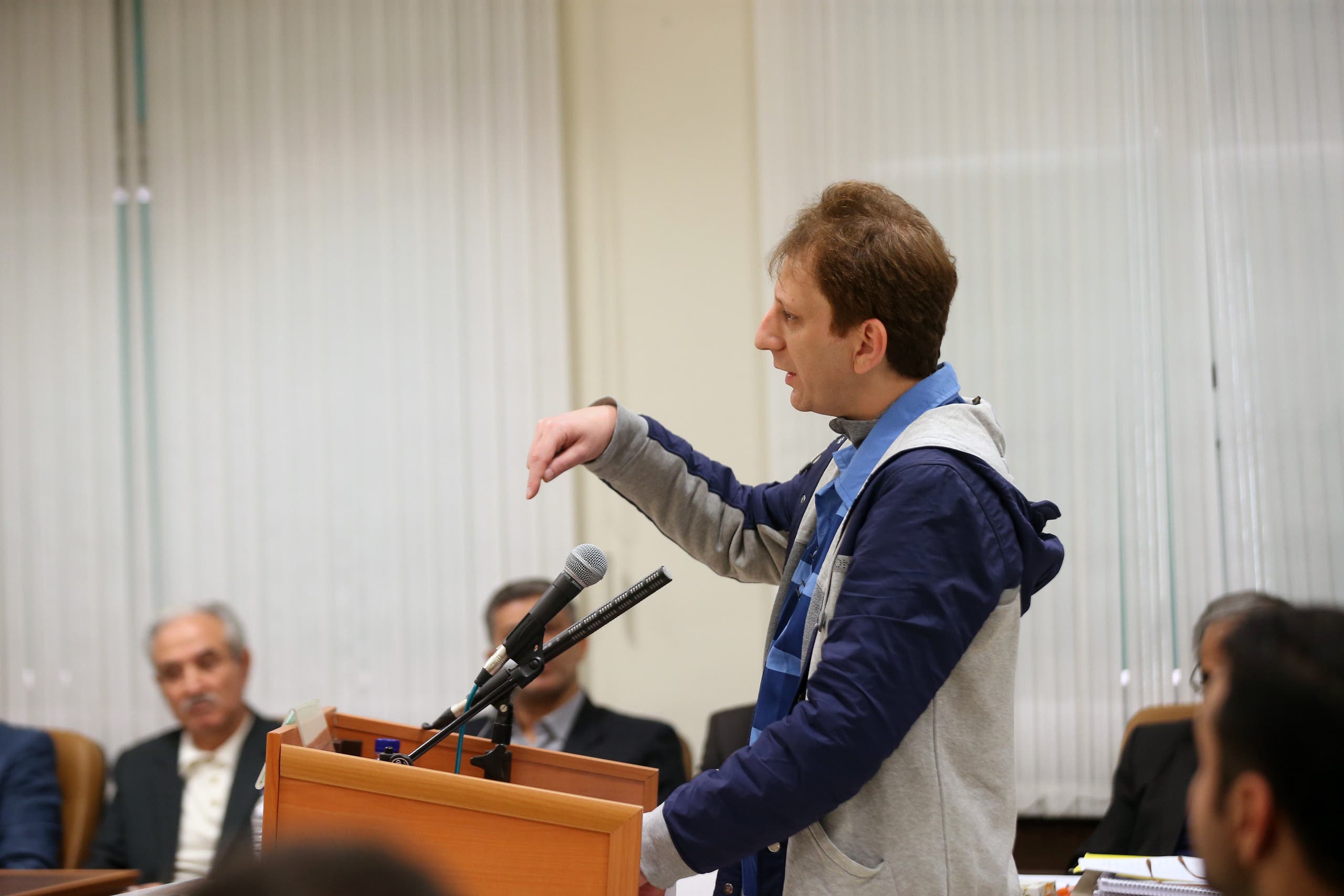
Babak Zanjani carried out one of the biggest money laundering operations in Iran’s history. (File photo: AFP)
Ghasemi later transferred a large portion of petroleum revenues to Zanjani. When Zanjani was arrested over corruption charges in 2013, he refused to testify against Ghasemi.
According to former Iranian MP Amir Abbas Soltani, “Zanjani devoted his entire time in court to praising the Ahmadinejad government and its ministers, including Ghasemi. He wasn’t even afraid of his execution sentence, because it seemed that someone had reassured him that nothing would happen to him.”
Ghasemi also had a hand in Iran’s missile program. Rocket launchers were being built under his watch as commander of the Nouh naval base. What is more, he has been blacklisted by the United States, Australia, and the European Union for missile and nuclear related activities.
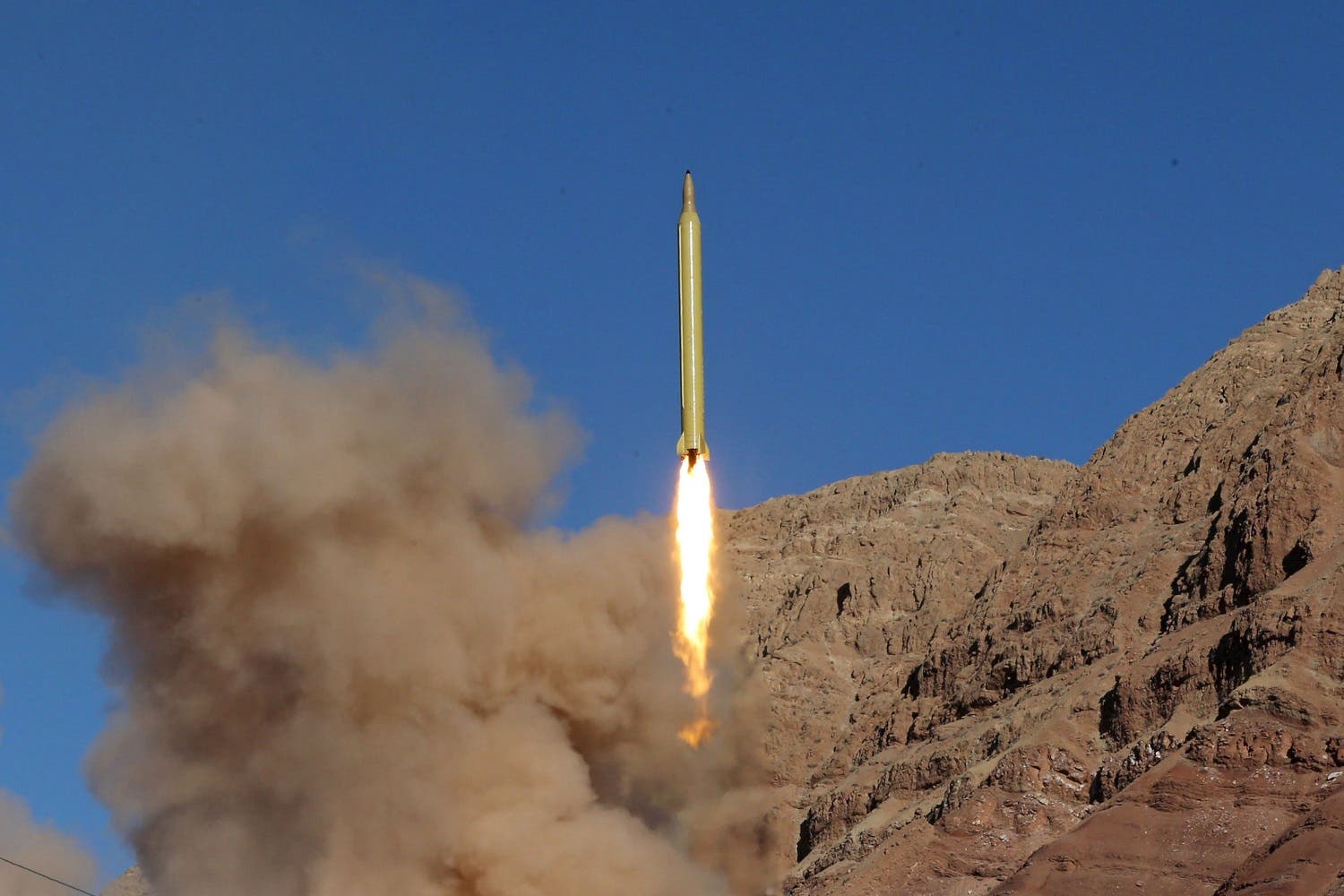
Ghasemi has been blacklisted by the United States, Australia, and the European Union for missile and nuclear related activities. (File photo: Reuters)
Underhanded oil sales
In 2013, Abolfazl Ghanbarpour, then-head of NAJA Cooperative Bonyad, suggested to Ghasemi that oil money be used to pay the salaries of employees of Iran’s police force NAJA.
Esmail Ahmadi-Moghaddam, chief commander of NAJA at the time, told Iranian daily Donya-e-Eqtesad that “the government was not able to sell oil due to the sanctions, and Ahmadinejad had proposed that we sell the oil ourselves in order to pay the salaries.”
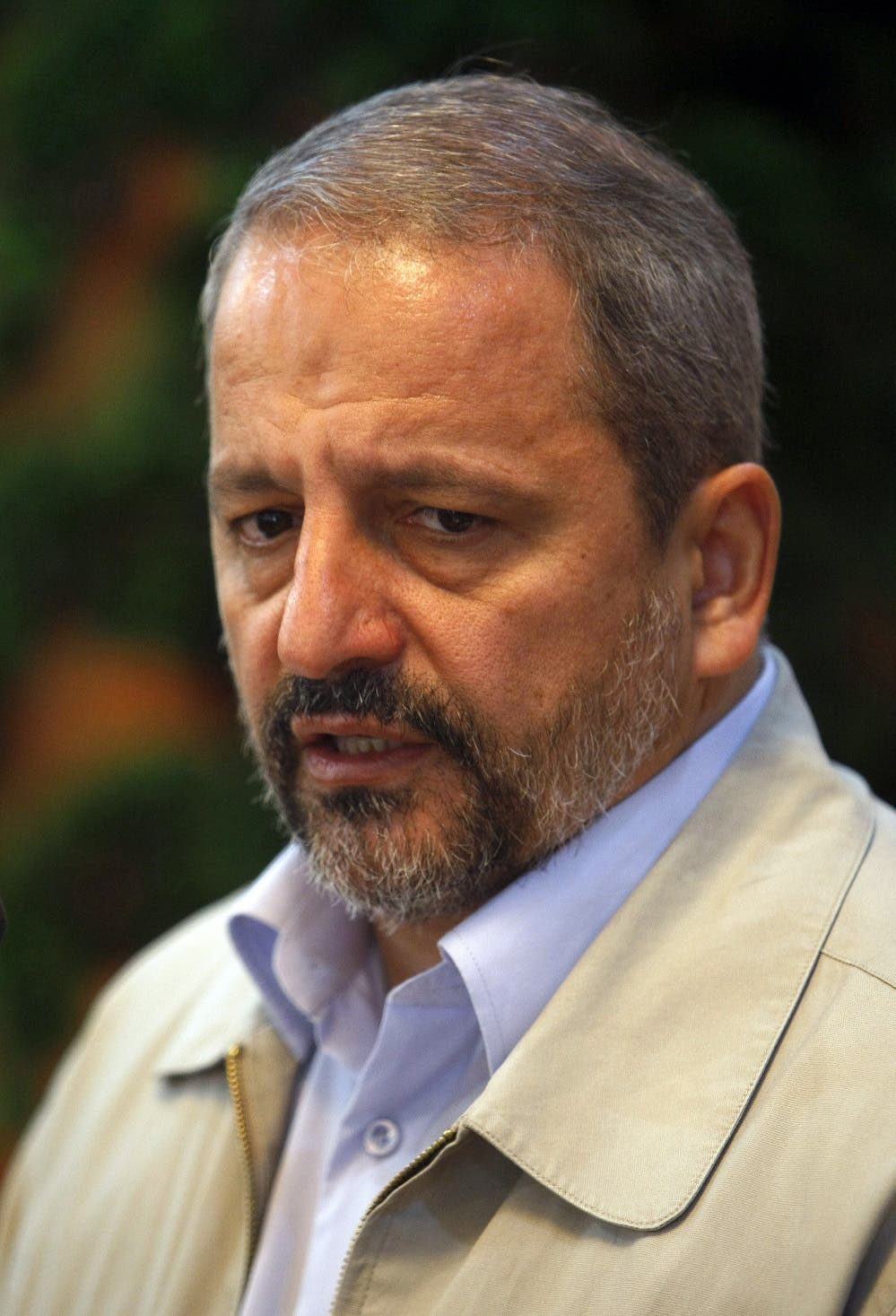
Along with Ghasemi, former NAJA Chief Commander Esmail Ahmadi-Moghaddam was a key actor in a scandal involving $60 million in oil money that went missing. (File photo: AFP)
According to the Iranian Parliament’s plenary and budget commission, Ghasemi signed a deal with Iranian officials, including Ghanbarpour and Ahmadi-Moghaddam, to deliver 600,000 barrels of oil to Iranian oil company Petro Tima.
NAJA received $240 million worth of oil from the government, according to Ghanbarpour in the Donya-e-Eqtesad report. After the transaction, NAJA used $180 million of the earnings to pay the salaries, citing a budget deficit, rather than sending it to the treasury. The remaining $60 million were never found.
According to unnamed oil industry sources, Ghasemi has been selling Iranian oil through a network of brokers, transferring the revenue to IRGC Quds Force commander Qasem Soleimani.
The network spans Iran, Iraq, Syria, and Lebanon, with people assigned at each regional stop to take on the same tasks as Zanjani.
In some instances, money from oil trafficking has found its way into the pockets of politicians in the region. For example, in March 2019, Syrian businessman Mazen al-Tarazi, known to have close ties with Syrian President Bashar al-Assad, was arrested in Kuwait and charged with money laundering. It was suspected that his finances were benefiting the Assad regime.
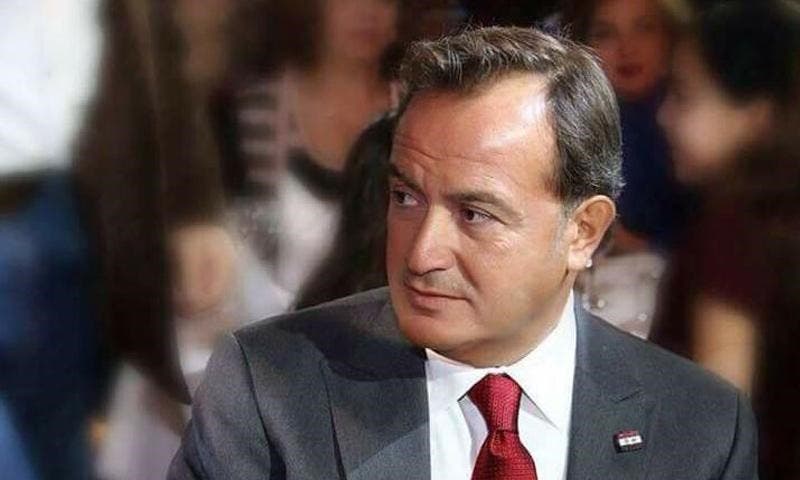
In March 2019, Syrian businessman Mazen al-Tarazi, known to have close ties with Assad, was arrested in Kuwait and charged with money laundering. (Supplied)
Not to be underestimated
Iranian news site Eghtesad reported in February 2015 that “Rostam Ghasemi had a direct role in preventing the implementation of new oil contracts” with foreign countries. As a result, he was forced to step down as Iranian Vice President Eshaq Jahangiri’s advisor in developing relations with Iraq and Syria.
Jahangiri eventually replaced Ghasemi with Hassan Danaeifar, former Iranian ambassador to Iraq. Danaeifar’s name is often linked to Ghasemi’s. During Ghasemi’s Nouh naval base and dock building days, Danaeifar was the deputy commander of the IRGC Navy. Following that, Danaeifar became the commander of KAA, a post Ghasemi took up a decade later.
But as the Eghtesad report pointed out, “it should not be forgotten that this commander of the IRGC was the former commander of Khatam al-Anbiya and Ahmadinejad’s oil minister, and facilitated the IRGC’s intervention in the Iranian economy, particularly in oil and gas projects.”
In other words, although Ghasemi was ousted, the influence he held with the Iranian government in the first place is not to be underestimated. He was the ninth minister of oil, the first advisor to the Vice President, and the sixth commander of KAA, and has been the senior advisor to the Minister of Defense for six years – all before the age of 54.
And while he held this influence, he fulfilled his purpose. He laid the foundations of the IRGC’s systematic exploitation of the Iranian economy. Above all, he was instrumental in the money laundering operations that have allowed the Iranian government to sell its oil.Last Update: Wednesday, 17 April 2019 KSA 14:51 – GMT 11:51
 Shabtabnews In this dark night, I have lost my way – Arise from a corner, oh you the star of guidance.
Shabtabnews In this dark night, I have lost my way – Arise from a corner, oh you the star of guidance.


